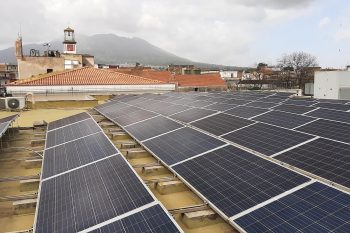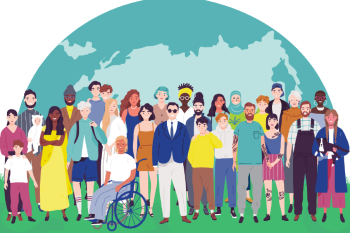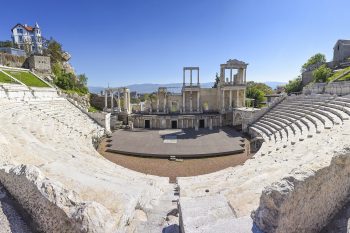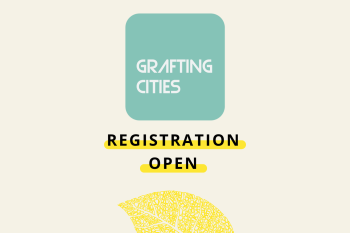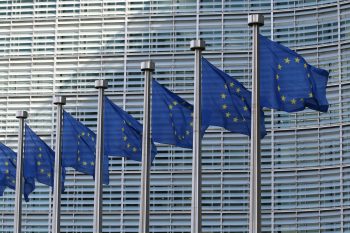Upcoming events All events
Fossil-free heating and cooling workshop
On the 7th and 8th of May 2024, a workshop on fossil-free heating and cooling will be held in the city of Rijeka, Croatia. The […]
Funding Opportunities: Information Session
For our members only: learn more about these funding opportunities.
CLIMAWEBINARS: Connecting the dots of circularity
This third webinar of the CLIMABOROUGH WEBINAR SERIES initiative will be the occasion to discuss: Shifting from waste to circular economy is a crucial step […]
What’s EUp ? Recent EU legislation update on buildings decarbonisation
The clock is ticking before the next European elections and the first quarter of 2024 was an incredibly busy period for the European institutions…and for […]
Funding opportunities: Matchmaking sessions
For our members only: submit your project idea and meet potential partners.
No net land take trajectories: policies and practices across Europe
Join us for the ESPON Seminar on “No Net Land Take trajectories: policies and practices across Europe”, an event specifically dedicated to addressing topical policy debates surrounding […]
First Summit of the European Community for Integrated Home Renovation Services
This is the event we all have been waiting for! 1st Summit of the European Community for Integrated Home Renovation Services. Hundreds of one-stop shops […]
Valencia Cities Climate Week
The city of Valencia has the pleasure of hosting Valencia Cities Climate Week, a far-reaching event that will encompass the celebration of three main gatherings: […]
Empowering cities for climate action: Join EUCityCalc’s Final Conference in Valencia!
On 25 June, the project shares its cities’ experiences and insights to design a clear path toward climate neutrality To conclude these three exciting years, […]
Annual Forum of Energy Cities
The city of Valencia earned the European Green Capital 2024 title thanks to its constant commitment in a fair and inclusive green transition. In 2024, […]
Municipal procurement for energy communities
Insights from Spain
23/04/2024
Driving the transition: Community Power in National Energy and Climate Plans
Who is the front runner? Who is lagging behind? Find out in this new briefing!
17/04/2024
16/04/2024
Grafting Cities 2024: Registration is now open
Register now to attend this year's conference and explore cities showcasing their full potential through the art of grafting!
15/04/2024
Local Alliance to the EU: stay the course on Green Deal implementation
Letter from the new Local Alliance, eight leading networks of European cities and regions, to EU leaders on Green Deal implementation
15/04/2024
